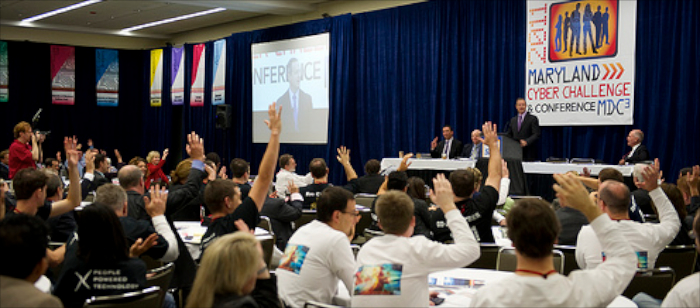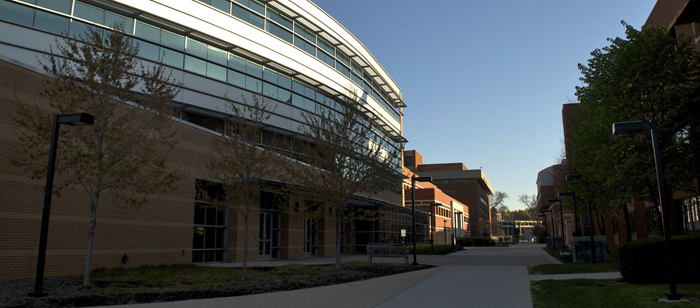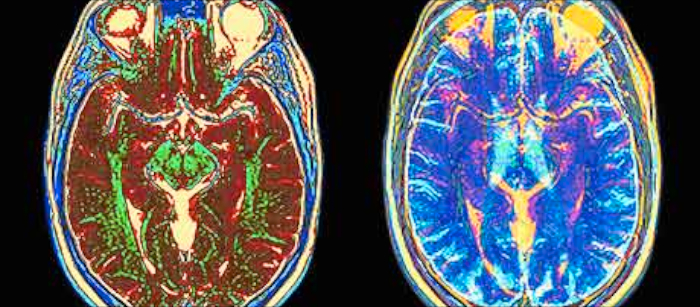
Tyler Campbell, Nick Ducq, Ryan King, Andrew Nguyen and Tim Spillman walked out of the Baltimore Convention Center elated. Their team, the Sherwood Cyber Warriors, had just won the high school division of the inaugural Maryland Cyber Challenge. Their success netted them each a $5,000 scholarship from the National Security Agency.
The entire experience was rewarding for both the students and their parents, says Steve Weiss, one of the team’s advisers. “Winning first place was the icing on the cake.”
In a conference with over 800 attendees, the excitement over the cyber competition was palpable. With scoreboards changing in real time, onlookers crowded around to see who was in the lead.
Following the competition, held October 21 and 22, eight teams from each division — professional, college and high school — walked away with scholarships and cash prizes. The scholarships for students, put up by the National Security Agency (NSA), totaled more than $84,000.
Members of first place high school and college teams took home $5,000 scholarships each. Members of second place high school and college teams took home $2,000 scholarships. Each member of the first place professional teams won $2,000 and each second place member won $1,000.
First place winners in the college and high school categories were from, respectively, the University of Maryland, College Park and Sherwood High School. Second place winners were Towson University and Poolesville High School. In the professional category Team ICF came in first, with Team Pr3tty coming in second.
The Sherwood Cyber Warriors, four seniors and a junior, are mostly undecided in their future careers, although one does plan to work cybersecurity. Jim Kirk, the team’s senior advisor, says that regardless of the their ultimate career choices, the students learned valuable skills from the competition — such as how to communicate effectively and work as a team.
The Cyber Warriors began practicing for the competition in May, often meeting twice a week. The team developed strategies to pick the low hanging fruit — what hackers go for first. That, says Kirk, includes developing strong passwords and removing unnecessary software from servers.
The challenge for the high school teams, says Rick Forno, Director of UMBC's Graduate Cybersecurity Program and an organizer of the Cyber Challenge, was purely defensive. “They were being attacked and their job was to keep services open.”
The challenge was run using CyberNEXS, a software system developed by SAIC for cybersecurity training and exercises.The system is self-contained and runs both Windows and UNIX systems.
But, more than just the chance to compete, the event gave college and high school students a taste of what cybersecurity work is like. And that, involves more than technical skills say professionals in the field.
“The cyber challenge is especially interesting to me, since all the students participating are passionate about cyber security and the teams will only excel if every member is doing their job,” says Neil Furukawa, vice president of CyberPoint International. “We’re looking for people who can lead, but who can also roll up their sleeves and get the work done.”
Phyllis Villani, Director of Talent acquisition at Northrop Grumman says that to get a job, “networking is key.” Besides honing “soft skills” like communication, Furukawa says, people should never stop their education because cybersecurity is a rapidly evolving field.
Fittingly, education is what the Maryland Cyber Challenge is all about.
Originally posted by Nicole Ruediger at November 18, 2011 1:02 PM






